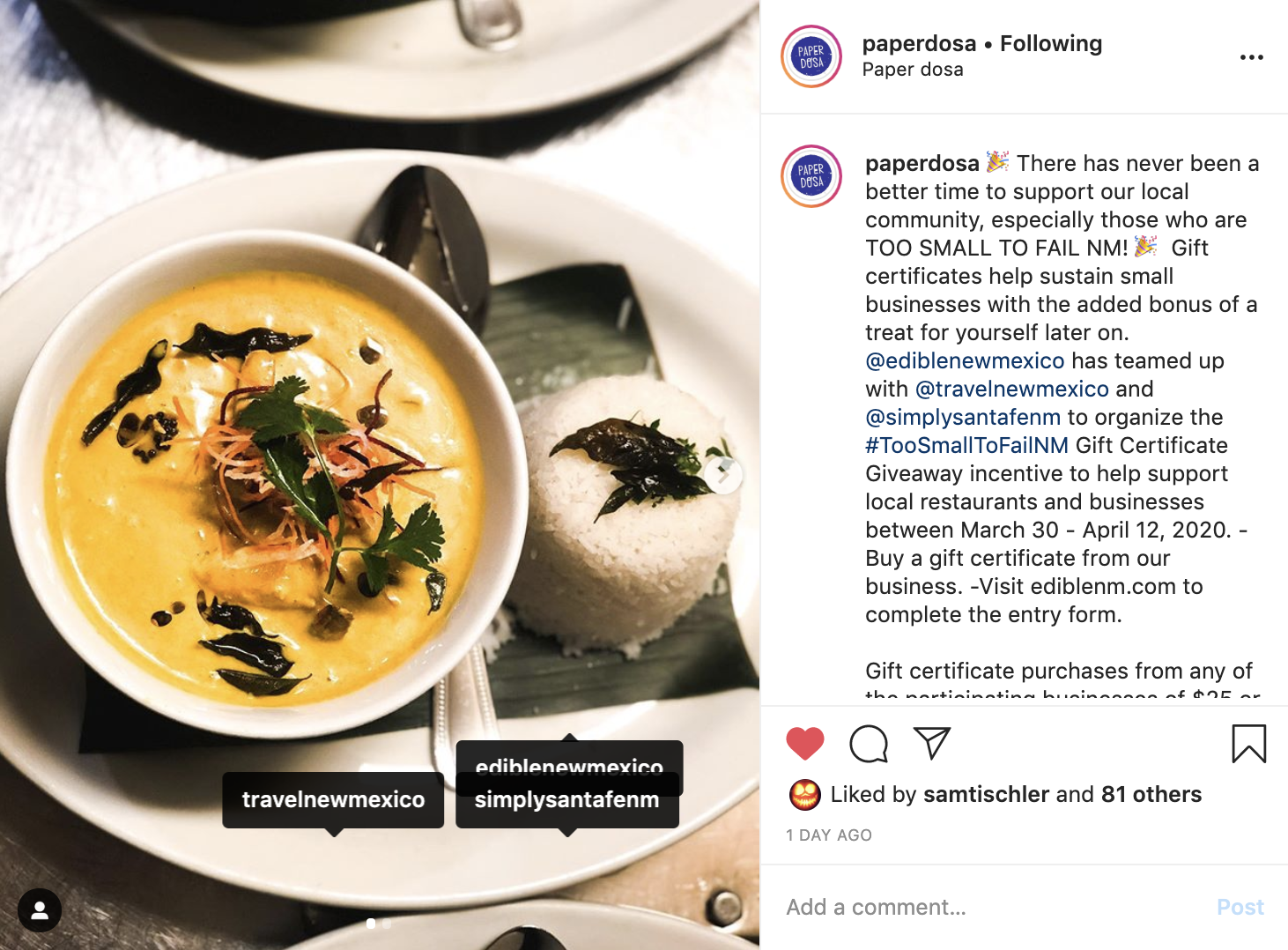A brand can reasonably assume that if a person shares a photo on social media and tagged the brand in the photo and/or used the brand’s hashtag means they intended for the company to see it and hopefully share or repost it. However, permission should always be asked before sharing. Permission can be asked in a comment or through a direct message.
The most common ways to identify potential User Generated Content is through the use of a specific branded hashtags, location hashtags, or geotags. Instagram users may also tag your account in a published post.
Here are 4 Key Rules When Utilizing User-Generated Content:
-
Permission should always be asked before sharing. If images are to be used outside of social media, usage rights MUST be negotiated with the photographer first.
Ways to Ask Permission:
-
Comment on photo asking for permission to repost image or what your intentions would be for that image.
-
Direct Message the photographer asking for permission & explaining usage intentions.
-
-
Photo credit must always be given to the photographer.
-
Example: Photo by @username, Photo credit: @username, 📷: @username, etc.
-
-
Do not make any changes to the photograph. For example, do not crop, edit, or add text to the photo in any way without explicit permission from the photographer.
-
Copyright of images will always be retained by the photographer so if a business or brand wants to use an image found on social media for purposes other than sharing on their social media channels, it is best practice to ask permission from the photographer before using the image on any sort of marketing material, print or digital. Businesses and brands may ask for permission through social media via commenting or direct messaging.
Vocabulary Terms for Sharing USG on Social Media
-
Repost (Instagram)
-
Retweet/Quote Tweet (Twitter)
-
Share (Facebook)
Disclaimer: This information should not be construed as legal advice or legal opinion. You should not rely on any such information as legal advice without actually consulting with legal counsel.



















